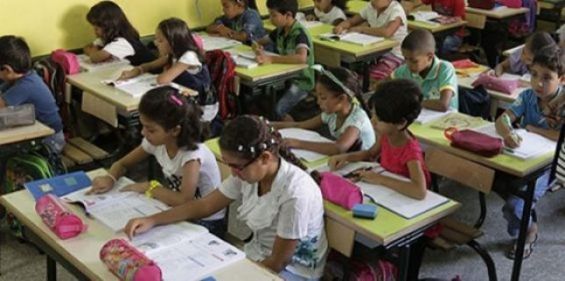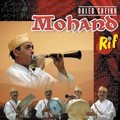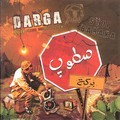The Trends in International Mathematics and Science Study (TIMSS) benchmark ranking, which assesses the mathematics and science knowledge of students around the world and has been conducted every 4 years since 1995, was released this week.
Carried out last year in 58 countries including Morocco and 8 territories, the study assessed the knowledge levels of pupils from the fourth grade and second year of middle school.
Data show that for primary education, Morocco has a score of 383, a slight improvement of 6 points compared to the 2015 edition of the ranking, for mathematics. The Kingdom thus leaves the bottom 3 ranks, and is listed at the 54th place, ahead of Kuwait, South Africa, Pakistan and the Philippines.
In mathematics, Moroccan primary school students, however, remain far from the average TIMSS score, set at 500 points. They are also far behind their comrades from Singapore (score of 625) which tops the ranking alongside Hong Kong, South Korea, Taiwan and Japan (5th place in the world).
As for sciences, Morocco ranks 55th, just ahead of South Africa, Pakistan and the Philippines and behind Kuwait. However, it continues to improve its score, which went from 264 in 2011 to 352 in 2015 and then to 374 in 2019.
Last place for science in college
College students are not much better. Indeed, for mathematics, Morocco is at the bottom of the ranking, with a score of 388, behind Oman (score of 411), Kuwait, Saudi Arabia and South Africa (389). It improves its previous score by just 4 points, and remains 112 points away from the average and 228 points behind Singapore, which tops the ranking.
For sciences, the Kingdom ranks 55th, with a score of 394, ahead of Egypt, Lebanon and South Africa. In this category, several countries such as France (486 points), the United States (473) or even Jordan (452) record scores below the average (500) and remains far behind the top 5 list occupied by Singapore (608 points), Taiwan, Japan, South Korea as well as Russia.
TIMSS is an educational research project developed by the International Association for the Evaluation of Educational Achievement (IEA).
The 2019 edition is the seventh in terms of assessment of student achievement, which is updated at each cycle in collaboration with participating countries.
TIMSS aims to be a provider of important policy data on mathematics and science learning contexts, based on questionnaires completed by students and their parents or guardians, teachers and school principals.





 chargement...
chargement...













